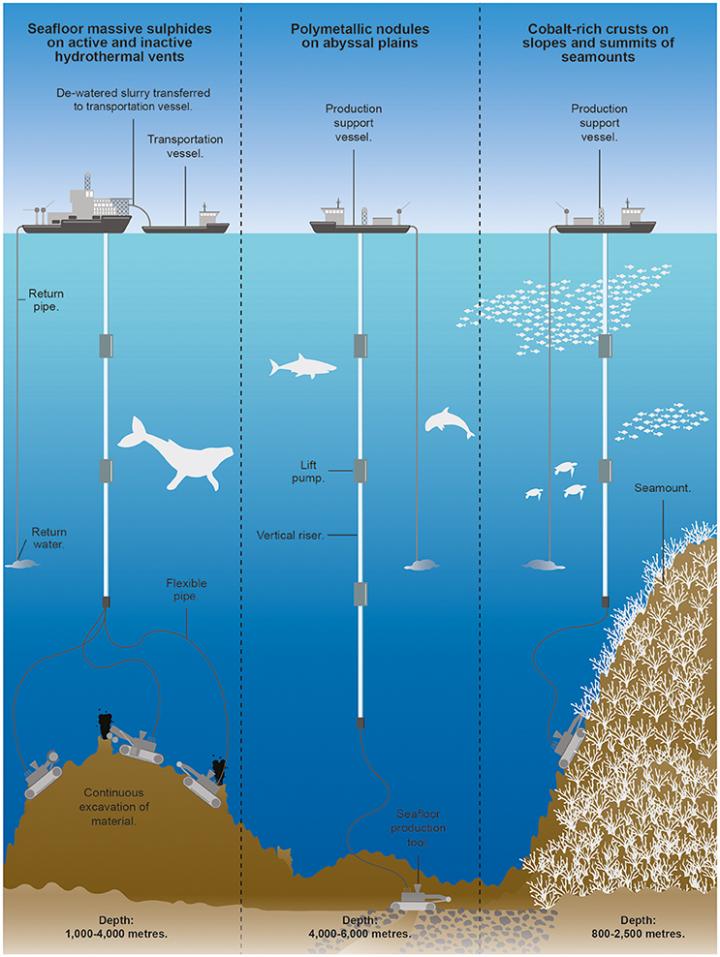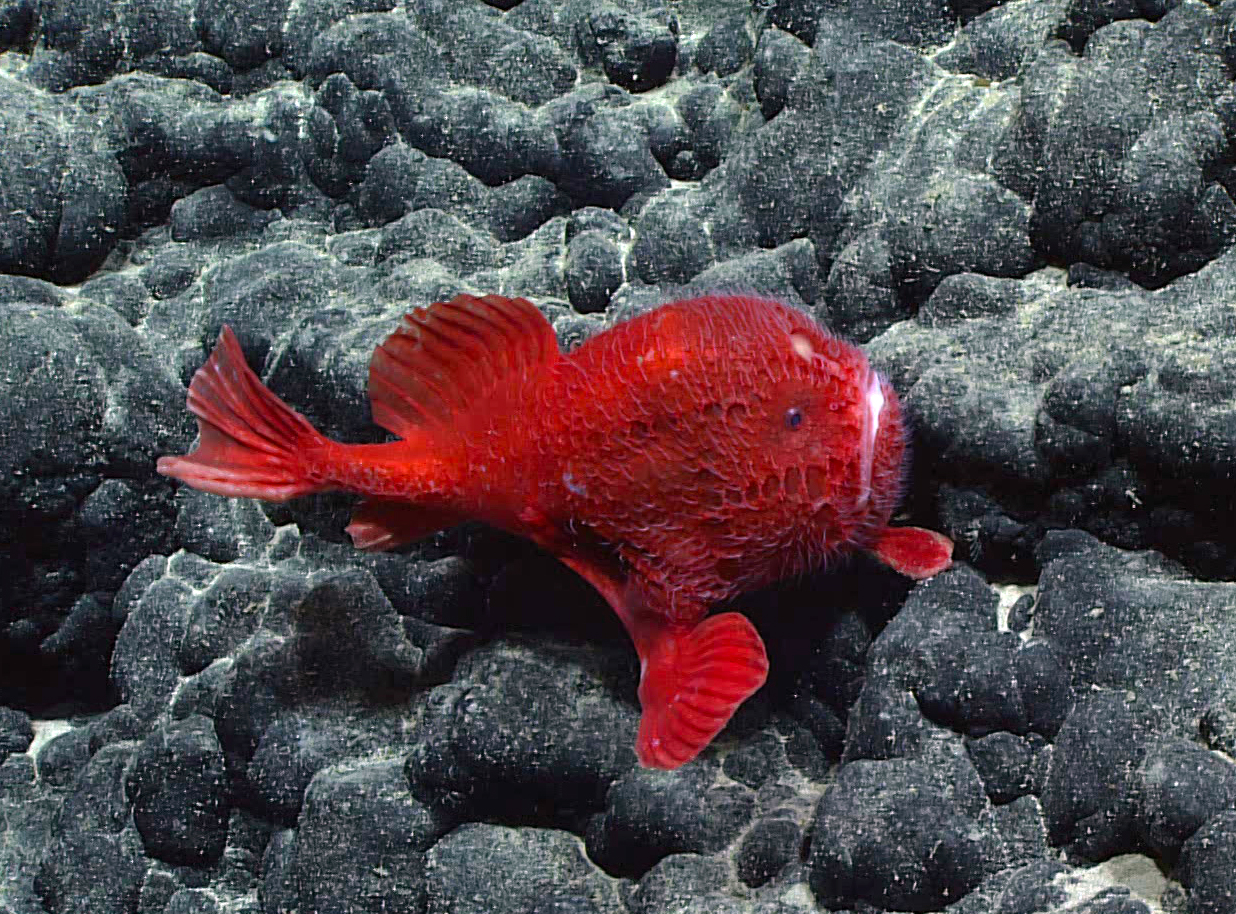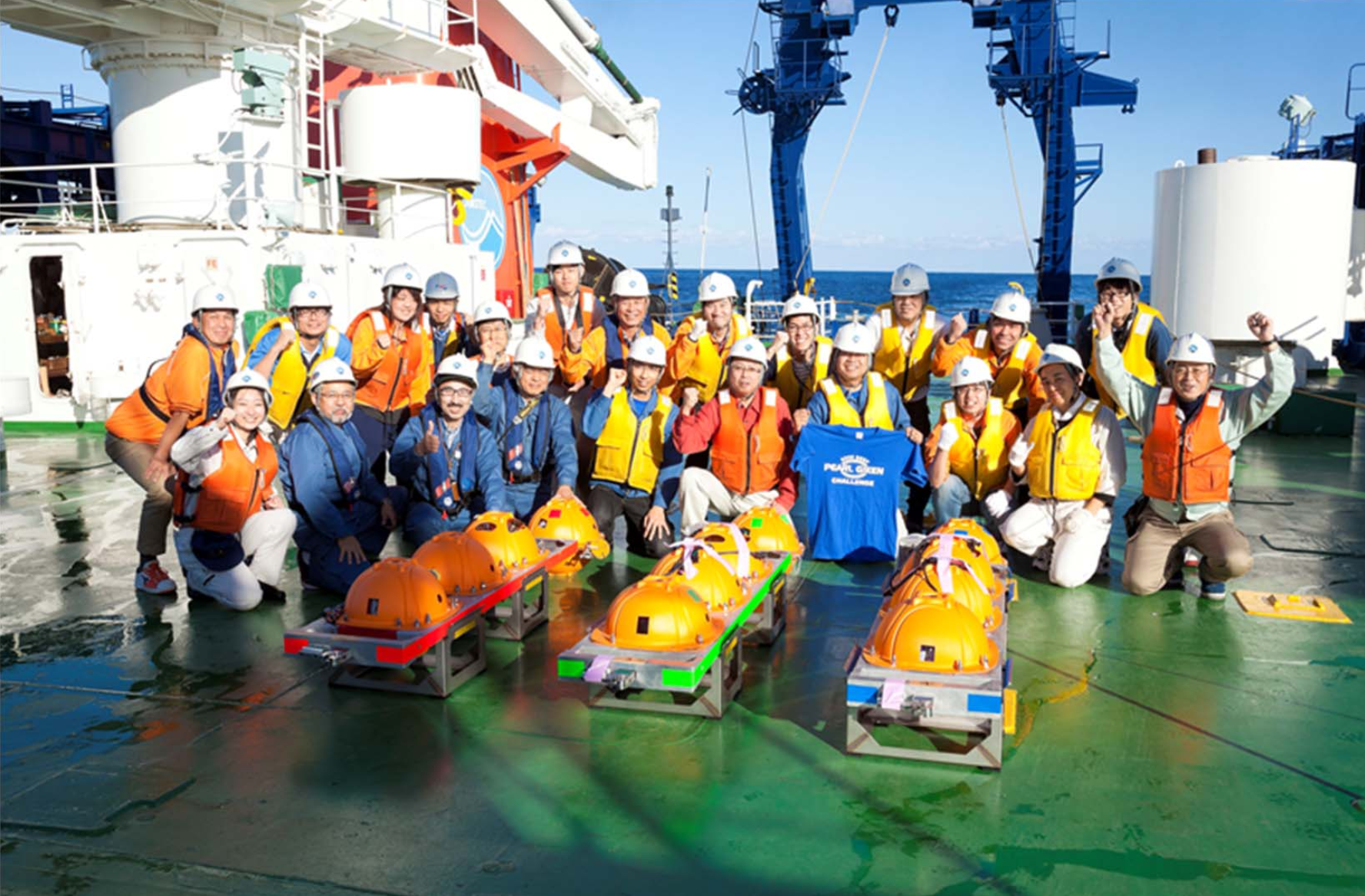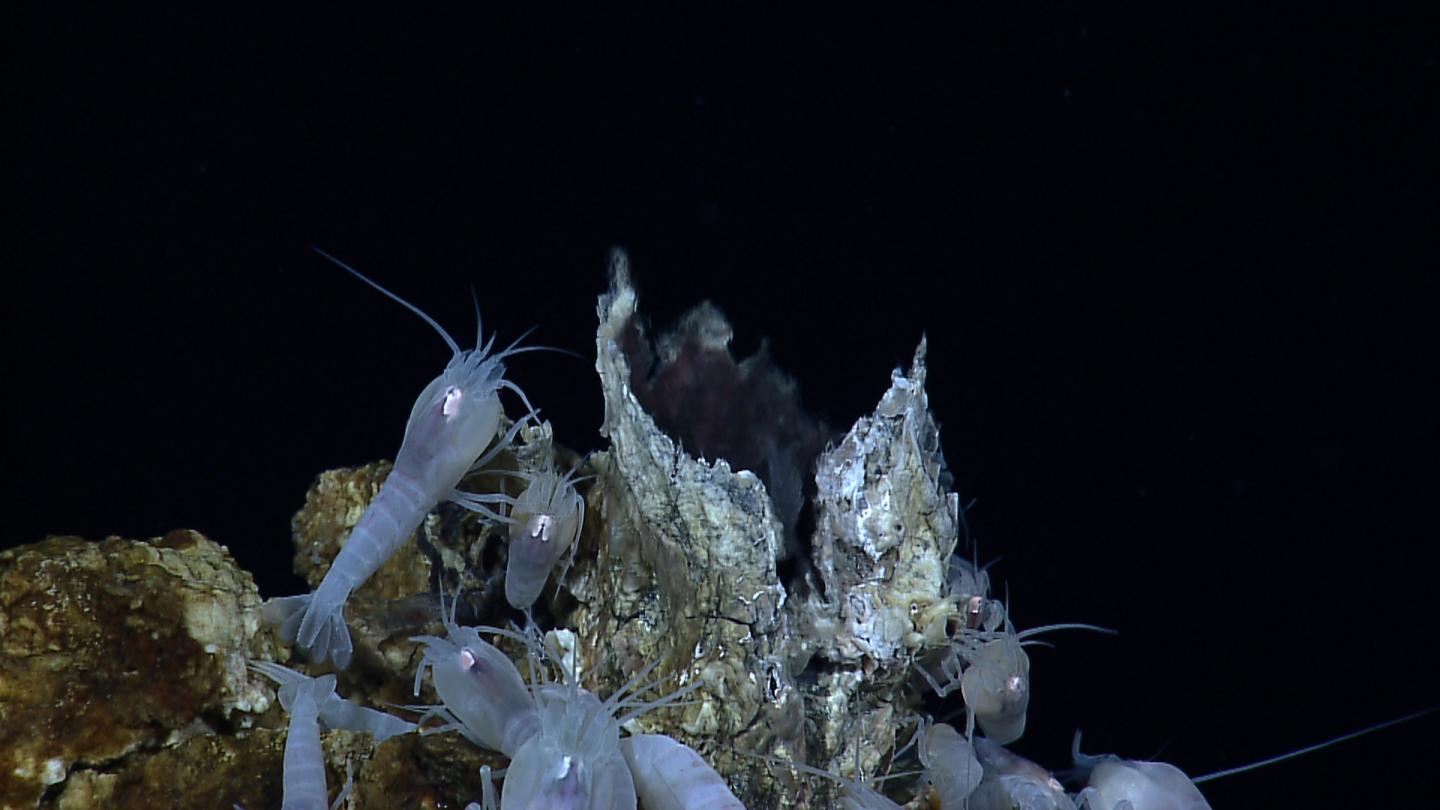Two new papers in major scientific journals opened the new year with a focus on the potential environmental impacts of deep sea mining. The papers, published in Science and Frontiers in Marine Science, took big-picture looks at current scientific evidence on the impacts of seabed mining in the context of increased demand for key minerals and the proliferation of interest in (and ISA contracts for) mineral exploration in the Area.
A German team from the Helmholtz Center presented “Mind the Seafloor” (Science, Vol. 359, Issue 6371, pp. 34-36). The authors call for integrated studies of global metal resources, the fluxes and fates of metal uses, and the ecological footprints of mining on land and in the sea. They assess environmental risks of deep sea mining and the possibilities of alternative policies and practices by which terrestrial operations could meet foreseeable demands and reduce their ecological footprints. The authors conclude that the current paucity of scientific information argues for strongly precautionary deep sea mining regulations.

Image: Design Studio, University of Exeter
Researchers from the University of Exeter (UK) gave a global overview of all current plans to mine the seabed, in both national and international waters., They examine potential environmental impacts of deep-sea mining on both seabed and water column. Their paper, published in the journal Frontiers in Marine Science, is entitled: “An overview of seabed mining including the current state of development, environmental impacts, and knowledge gaps.” It is an open-access publication accessible to readers anywhere in the world.
“Our knowledge of these ecosystems is still limited, but we know they’re very sensitive,” said Dr. David Santillo, a marine biologist and senior Greenpeace scientist based at Exeter. “Recovery from man-made disturbance could take decades, centuries or even millennia, if these ecosystems recover at all.” The authors conclude that poor prospects for mitigation combined with large knowledge gaps argue for the pursuit of alternatives such as replacing rare metals with common ones of comparable qualities increasing the longevity of technological devices, and recovering greater quantities of electronic wastes.






